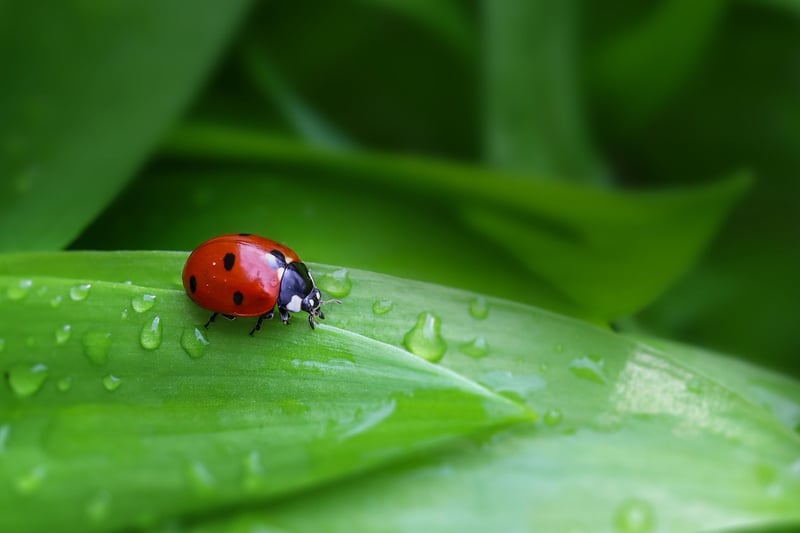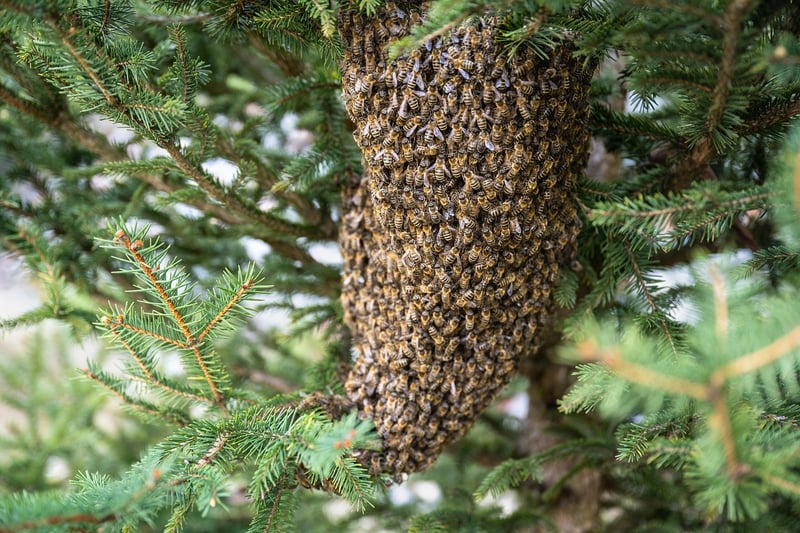Beneficial Insects
Managing Garden Pests and Beneficial Insects
Gardening can be a rewarding hobby, but dealing with pests that wreak havoc on your plants can be frustrating. One effective and environmentally friendly way to control pests in your garden is by attracting beneficial insects. These helpful bugs can keep pest populations in check without the need for harmful chemicals. Let's explore how you can manage garden pests and encourage beneficial insects to thrive in your garden.
Identifying Common Garden Pests
Before you can effectively manage pests in your garden, it's essential to identify the common culprits. Some of the most common garden pests include aphids, caterpillars, slugs, snails, and spider mites. Keep an eye out for any signs of damage to your plants, such as holes in leaves, yellowing, or wilting.
Methods for Managing Garden Pests
- Handpicking: Remove pests like caterpillars and beetles by hand and drop them into a bucket of soapy water to dispose of them.
- Neem Oil: A natural insecticide derived from the neem tree that can help control a wide range of pests.
- Beneficial Nematodes: These microscopic organisms can help control pests like grubs, caterpillars, and beetle larvae in the soil.
- Companion Planting: Planting certain flowers and herbs can help deter pests and attract beneficial insects.
- Row Covers: Use row covers to physically block pests from reaching your plants.
Attracting Beneficial Insects
Beneficial insects are natural predators of garden pests and can help keep their populations under control. Some common beneficial insects include ladybugs, lacewings, and parasitic wasps. Here are some tips for attracting beneficial insects to your garden:
- Plant nectar-rich flowers like marigolds, cosmos, and alyssum to attract beneficial insects.
- Provide a water source such as a shallow dish with pebbles for beneficial insects to drink from.
- Avoid using broad-spectrum pesticides that can harm beneficial insects along with harmful pests.
Conclusion
By implementing these strategies for managing garden pests and attracting beneficial insects, you can create a healthy and balanced ecosystem in your garden. Not only will you protect your plants from damage, but you'll also reduce the need for harmful chemicals, making your garden a safer place for both plants and wildlife.


Remember, a diverse and thriving garden is not only beautiful but also a haven for beneficial insects that can help you maintain a healthy garden ecosystem.
